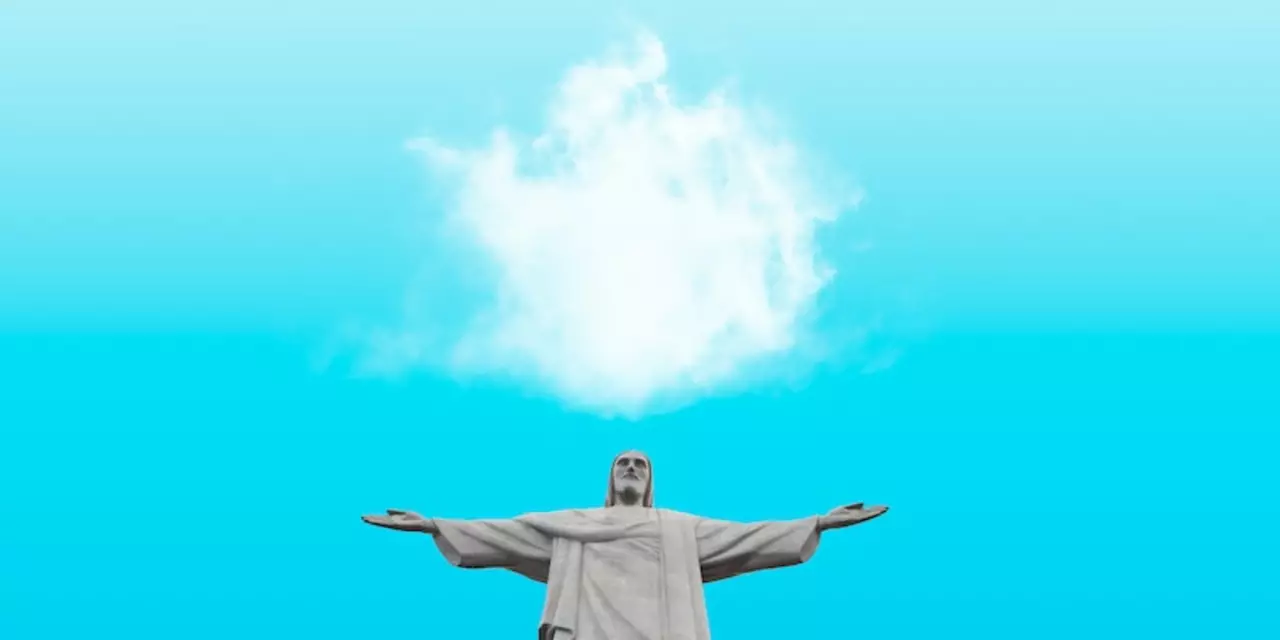Beliefs in India – What Shapes Our Views?
Beliefs are the ideas we hold close, from how we eat to why we celebrate. In India, they blend history, religion, and everyday life. This page gives you a quick look at why beliefs matter and points you to stories that show them in action.
Why Beliefs Matter Today
Every day you see a belief at work – a farmer trusting the monsoon, a family following a wedding ritual, or a voter choosing a candidate because of a promise. These choices affect jobs, health, and community harmony. Understanding the roots of a belief can help you see the bigger picture, whether it’s a government scheme or a personal habit.
For example, the BPL (Below Poverty Line) card is more than a piece of paper. It reflects a belief that the state should protect its most vulnerable, especially women. The post titled "BPL Card: Eligibility, Benefits, and How It Powers Women’s Welfare Schemes" breaks down how this belief turns into real benefits and where the system still slips.
Explore Beliefs Through Our Top Posts
Our bloggers write about beliefs in many areas. Here are a few that give a clear picture:
- Women’s welfare and the BPL card – Shows how a belief in equality shapes policy.
- Shilpa Shetty’s restaurant shift – Reveals a belief in staying relevant by adapting to new markets.
- Police pursuit of hit‑and‑run drivers – Highlights the belief that law‑enforcement must protect citizens.
- What turns on Indian men? – Explores cultural beliefs about attraction and confidence.
- Opinion on Indian English news channels – Discusses the belief that media should be fair and unbiased.
Each story shows a different angle of belief, from personal habits to national policies. Reading them helps you see how beliefs drive actions and outcomes.
If you’re curious about how beliefs shape tech, check the post on the Redmi Note 8 Pro release. It reflects a belief that newer phones bring progress and status to many Indians.
Beliefs also affect health and safety. The article about drunk passengers on domestic flights talks about the belief that safety comes first, even if it means turning someone away.
In the end, beliefs are the glue that holds many parts of Indian life together. They guide decisions, inspire change, and sometimes create conflict. By reading the posts linked here, you’ll get a practical sense of what people believe and why they act the way they do.
Ready to explore more? Jump into the posts, compare the ideas, and see how your own beliefs fit into the larger Indian story.
Atheism in India has a unique cultural and religious context due to the country's predominantly Hindu population and its history of religious tolerance. Despite this, atheists in India often face discrimination and prejudice from both religious and non-religious people, who often label them as immoral and socially unacceptable. Atheists in India are often excluded from conversations and social activities, and they often feel like outsiders in a culture that is deeply rooted in religion. Despite these challenges, many atheists in India are pushing for greater acceptance of their beliefs and lifestyle. They are actively engaging in discussions about atheism and advocating for their rights to freedom of belief and expression.
